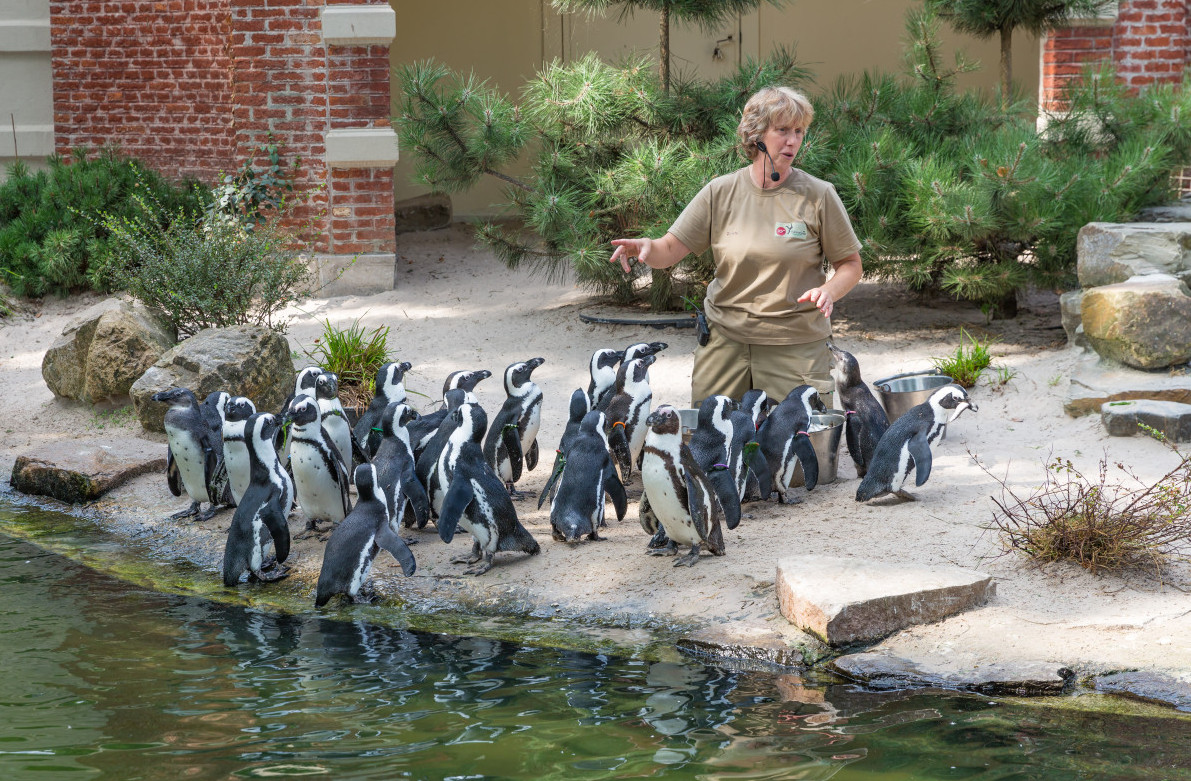Wildlife biologists study specimens collected from the wild. Entry level positions require a bachelor's degree. Those wishing to conduct scientific studies or higher level investigative work require a master's degree. Independent research studies and those wishing to research at university need a Ph.D.
Work Experience
Being comfortable camping outdoors, relying on a generator, providing for themselves during extended periods and driving a tractor are all beneficial. Students often partake in volunteer work, internships or some kind of employment upon graduating.
Education & Training
Wildlife biologists and zoologists require a bachelor's degree as a minimum. The majority of schools offer programs in wildlife biology, zoology or ecology. Good preparation for this career would entail having an undergraduate degree in biology with courses in wildlife biology or zoology.
Individuals seeking scientific work require a master's degree. This is vital for many of the independent research positions including university jobs. The majority of Ph.D. level researchers require familiarity with statistical software and computer programming.
Courses typically include: wildlife biology, wildlife management, anatomy, cellular biology and ecology. Courses that focus on a specific type of animals such as ornithology or birds and herpetology or amphibians and reptiles are taken. Having a broad scientific background is essential; therefore, classes such as physics, chemistry and botany are important.
Programs focus on conservation and habitat analysis. Students should take classes in statistics, mathematics as well since complex data analysis is part of their work. Computer science classes are also vital since wildlife biologists and zoologists utilize GIS or geographic information systems and advanced computer software along with modeling software to finish their work.
Skills and Qualities that will Help
Communication skills: Scientific papers are compiled and talks must be given to academics, policymakers and the public.
Critical-thinking skills: Wildlife biologists and zoologists require sound judgment and reasoning to draw conclusions from scientific observations and experimental results.
Emotional stamina and stability: Wildlife biologists and zoologists commonly endure extended periods of time with little human interaction. Emotional stability is required when working alongside sick or injured animals.
Interpersonal skills: Wildlife biologists and zoologists often work on teams. They must work well with others in order to negotiate conflicting issues and achieve their goals.
Observation skills: Noticing the slightest changes in an animal's appearance, behavior or characteristics is vital for treatment.
Outdoor skills: Navigating difficult terrain, swimming in frigid water and chopping wood may be par for the course when out in the field.
Problem-solving skills: The best possible solutions regarding habitat loss, disease and threats to wildlife are explored.
How To Advance
As experience is gained, more independence in their work and responsibility is granted. Extra education may lead to additional responsibility. Those with a Ph.D. often lead independent research projects. They may control the content and direction of projects. Many will be responsible for sourcing their own funding as well.









